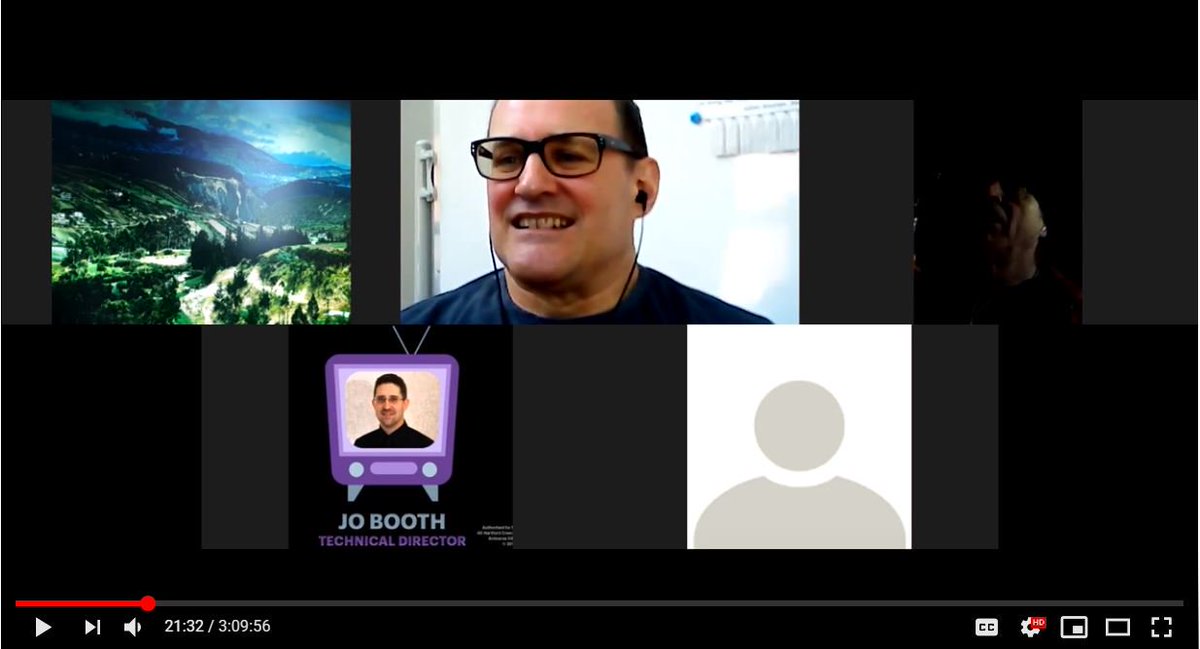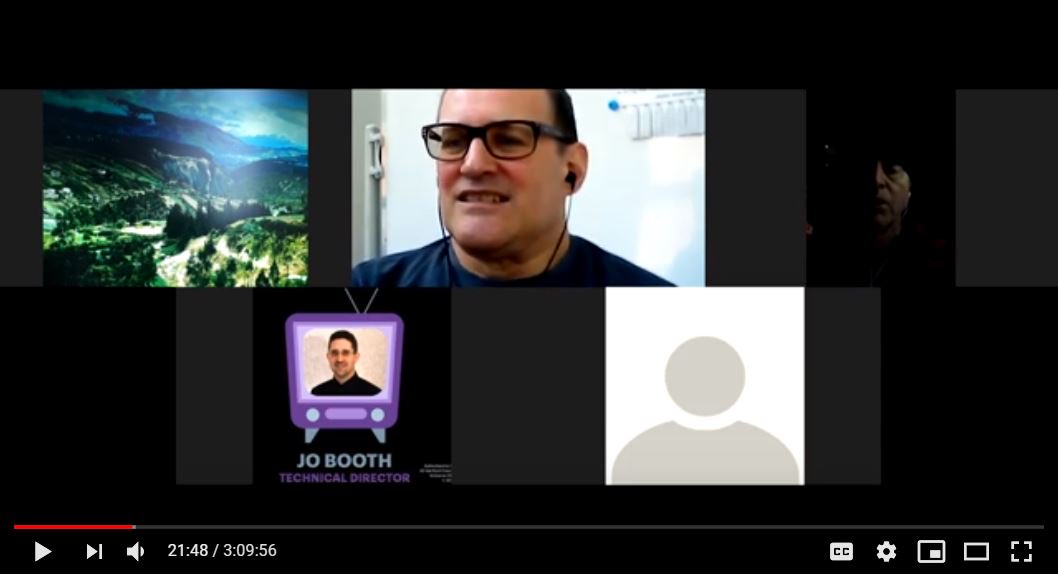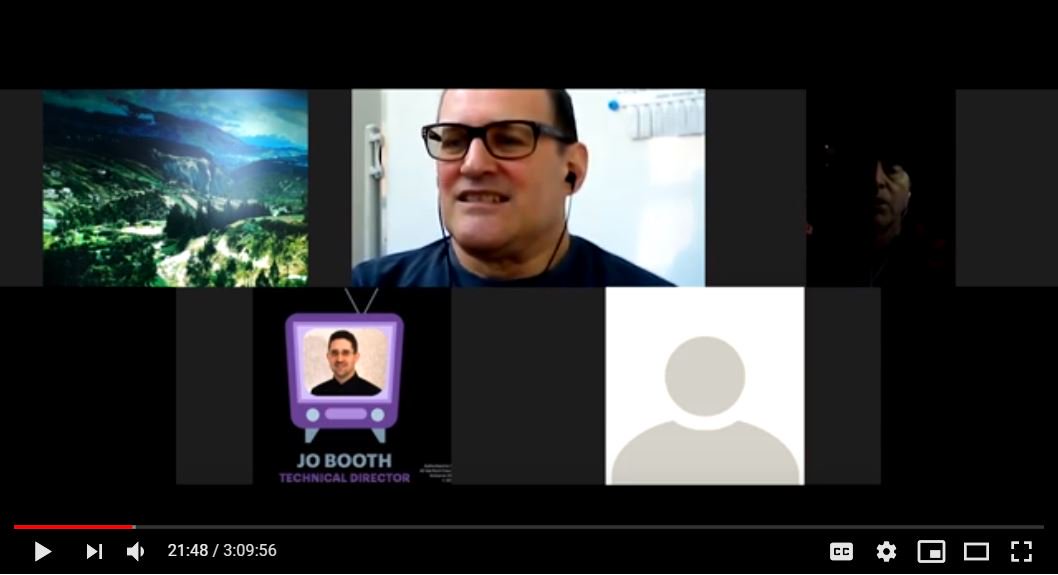Fascinating & wide-ranging book. Get the book here: amazon.com/Nonzero-Logic-…
We have less violence than ever before.
Why? Writing & money; Information systems & markets.
Or, more precisely, underpinning this: The rise of non-zero-sumness
The evolution of culture toward deeper and vaster social complexity--an increasing intertwining of our fates.
In other words, the growing extent to which we become interdependent.
The rise of NZS characterizes ancient history in a nutshell: onward and upward, to higher levels of social complexity.
In NZS games, there can be "win-win" outcomes, but not “win-lose”—their fates aren’t inversely correlated, like tennis or chess.
If the players grasp this fact and play their cards right, they can cooperate to their mutual benefit.
New technologies arise that encourage new & richer forms of non-zero-sum interaction.
Then, social structures evolve that realize this rich potential—that convert non-zero-sum situations into positive sums, benefitting society in the process.
Their upshot ran counter to, + prevailed over, the imperial ambitions of ancient regimes.
Free markets would clash recurrently with old regimes--and win.
In short, both organic + human history involve the playing of ever-more-numerous, ever-larger, + ever-more-elaborate NZS games.
I have a non-zero-sum relationship with the people in Japan who built my Honda minivan, but neither I nor they ever chose to cooperate with each other.
In other words, when you tap potential energy—when you, say, nudge a bowling ball off a cliff—you’ve reduced the amount of potential energy in the world.
NZS compounds on itself, bringing us from a world that only has bacteria to a world that has iPhones, Marie Kondo, and the United Nations.
Because sometimes in NZS the object of the game isn’t to reap positive sums but simply to avoid negative sums (e.g. nuclear disarmament, climate change, AI)
Economic transactions are NZS behaviors that create surplus, leading to zero-sum behaviors *within* the non-zero sum context.
This is why capitalism is so hard to understand - you’re fighting to redistribute the *surplus* that wouldn’t have been there otherwise.
Yet one way to successfully earn status is to invent technologies that create new non-zero-sum games.
War is zero sum as it gets, with clear winner and clear loser. And yet: War is so bad that people invent nonzero sum technologies and social structures partly to escape the zero-sum game of war.
So the more possible inventors—the larger the group—the higher its collective rate of innovation.
This is why there’s so much innovation in cities.
Whether you're a bunch of genes or a bunch of memes, if you’re all in the same boat you’ll tend to perish unless you're conducive to productive coordination.
•Viruses
•Harmful ideologies (e.g terrorism)
•Quicker economic downturns
We can get rid of other things too (e.g etho-nationalism, desire for revenge) that used to serve us but have outlived their usefulness.
BUT those incentives assume scarce world.
Today we have more complex ways of playing NZS games that don’t rely on reciprocity all the time.
- Revenge
- Jealousy
- Social anxiety
- The desire to induce these in others
- Whatever enjoyment people have of watching car crashes or beheadings
"The more complex societies get + the more complex the networks of interdependence within + beyond community + national borders get, the more people are forced in their own interests to find NZS solutions.
That is, win-win solutions instead of win-lose solutions”
History has forced people to either expand their moral compass—or pay the price.
Onwards and upwards for more non-zero-sumness….






